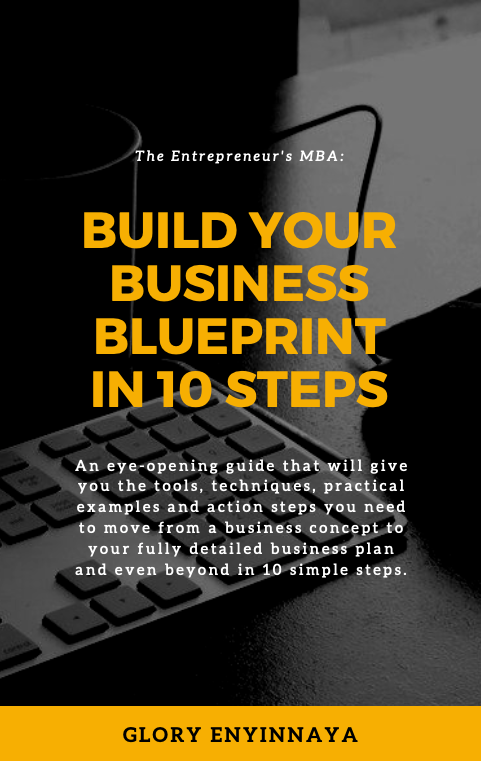She built her career studying dishonesty.
Then lost her exalted position—after allegedly practicing it.
At one of the world’s most prestigious business schools.
The irony is painful.
But the lesson is powerful.
Recently, the academic and professional world was shaken by the news that a respected Harvard Business School professor—renowned for her work on honesty and ethics—was dismissed following allegations of academic fraud. The specifics are still unfolding, but the implications are clear: we are all vulnerable to the very things we claim to resist.
As a professional and educator, I have sat with this story—not in judgment, but in introspection. What can I learn? What can we learn?
Here are three reflections I believe are worth carrying forward.
1. Be the Change You Study
It’s not enough to write about integrity. We must live it.
In academia, consulting, and leadership, it’s easy to separate what we teach from how we behave. The classroom, the conference stage, and the journal article become platforms for ideas—while our private choices often go unexamined.
But true credibility begins with character. Not the public kind, but the kind forged in quiet, difficult decisions. It is a dangerous thing to know the right thing and still do the wrong thing. The greater the spotlight, the more urgent the alignment between values and actions.
2. Pressure Is No Excuse for Compromise
The drive to publish, perform, and impress is real. We all feel it.
Metrics chase us. Promotions beckon. Prestige seduces. In such a system, it becomes dangerously easy to justify shortcuts. After all, “everyone else is doing it,” right?
But no career milestone is worth your moral compass. No award is worth your name. As I often remind my students: what you compromise to gain, you will eventually lose. When pressure mounts, our ethics must hold firmer—not falter.
3. Reputation Is Fragile
It takes decades to build and seconds to destroy.
For many of us, our reputation is our currency. A trusted name opens doors. A tarnished one closes them. That’s why every ethical breach—no matter how “small” or well-intentioned—must be taken seriously.
Before you cross a line, pause.
And ask yourself: Is it worth my name?
Because when the dust settles, you will live with the consequences—long after the applause has faded.
This Isn’t About Judgment. It’s About Vigilance.
To be clear, this reflection isn’t about casting stones. It’s about looking inward. If someone so intelligent, so accomplished, and so focused on the very subject of honesty could falter, what does that mean for the rest of us?
It means we must be vigilant. It means we must surround ourselves with truth-tellers, establish guardrails, and practice daily examen—not just of what we’ve done, but why.
Because our most important research is not what we write.
It’s the life we live.
Closing Thought: Integrity Is Legacy
To my fellow professionals, educators, and leaders—remember this: people may admire your brilliance, but they will follow your integrity.
At GLOREN, we believe thought leadership must be anchored in truth. Not only in what we say, but in how we live.
May we rise not only in stature, but in substance.
May our greatest work be not our CVs, but our character.





